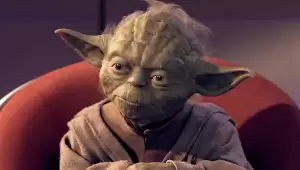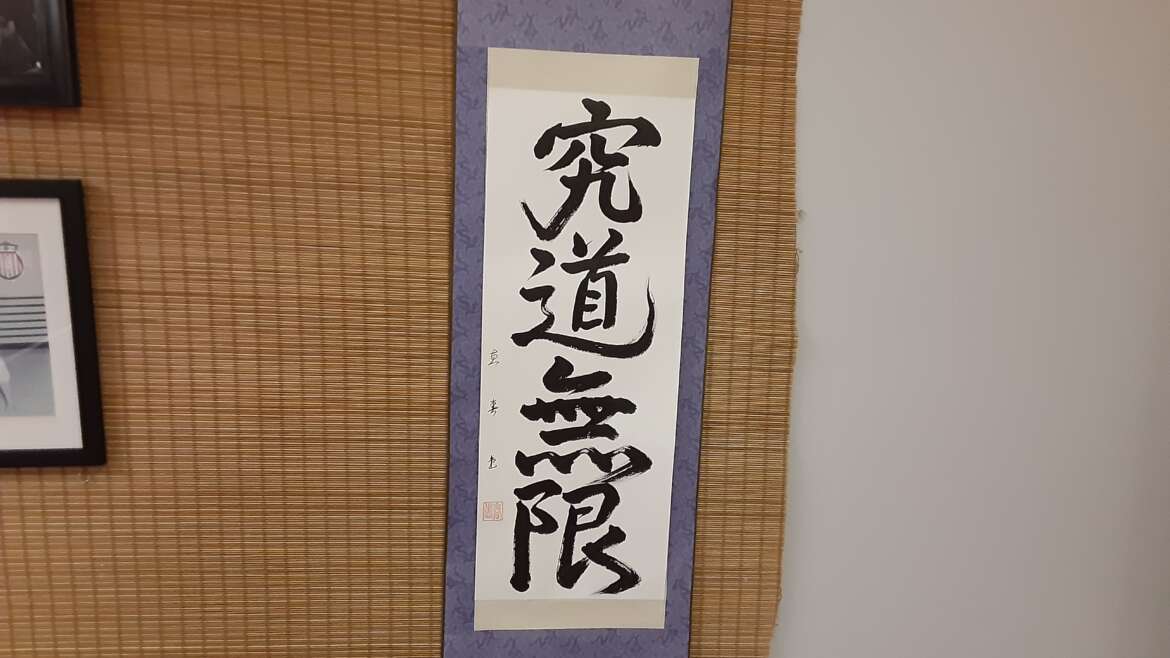I want to say a few words about the nature of karate training for the dedicated student. If you’ve taken my classes, you know how unlikely it is that I will say “a few words” about anything karate-related… And yet, here we are :-] .
I’ll use a list format to keep it brief.
Note that what I say here apply to adults and to children who are mature enough to be serious about karate in the first place The average age that this starts to happen, in my experience, is between 8 and 10, but I have had 6-year-olds who are dedicated.
Executive Summary (tl;dr): You don’t have to do karate “forever” or for decades. For however long you do it, while you are doing it, you have to be serious about your training for it to mean anything. And the more years you practice, the more interesting and beneficial to your health and self-protection it will be, with almost no limit.
Karate is different than most sports. Unlike most sports where you peak at a relatively young age, in karate you can improve for your entire life if you continue to practice. You learn more subtleties of body movements, balance, positioning, timing, and generating power. You learn more about your own capabilities and can still feel the same sense of accomplishment and mastery as when you learned your very first kata. As long as you practice faithfully.
Karate gets more interesting as you progress. Practice can be tedious and repetitive, at any level of your training. For the truly dedicated student, you don’t mind those parts – “it’s ALL good.” However, there’s no doubt that at the beginning, it can be very frustrating, because you are learning new ways of moving that are, to be honest, unnatural. In another post, “Learning a new way to move,” I wrote, “[I]f you are new to the martial arts, learning the new ways of conveying your body from one position to another is a difficult stage in your training.” But everything else is new as well. Until you reach that first plateau of achievement, classes can be daunting and it may seem like you’re not getting anywhere. But practice will eventually become far more interesting than those initial weeks and months of learning stances, steps, and basic kicks and arm techniques.
You never stop practicing the basics. Heian Shodan (HS) is the very first kata we learn. Most of the time, when I practice kata alone or even when I’m leading a class in kata, I start with HS. I have learned or taught myself 23 out of Shotokan’s 26 kata, so far. But HS, or just doing sets of punches in place, never gets old! You can always find things to adjust or improve.
There are a lot of bad martial arts schools. The term for that is “McDojo.” For McDojos, many of which are franchise-based, it’s all about the numbers, and promotions and rewards happen too quickly and too often. They usually have large student-to-instructor ratios, high membership fees, and limitations on how many classes you can take per week. Most of what they teach is of little ultimate value.
Karate is not for everyone. McDojos aside — “Pay now for a black belt in only 18 months!”– very few people who start karate stick with it long enough to reach black belt. And as any good Sensei worth their shio (Japanese for “salt”) will tell you, when you arrive at black belt, your journey is just beginning. Most people simply don’t have the discipline and perseverance necessary to master the complexities and sophistication of the advanced levels, and to internalize the mindset and skills needed to actually use karate to defend yourself. (Some find a different activity that suits them better.)
You must be dedicated to your training. Remember, according to the founder of Japanese karate, Gichin Funakoshi, “Karate is like boiling water: without heat, it returns to its tepid state.” Or, as his student and one of my early sensei, the late Teruyuki Okazaki, was oft heard to say, “Keep training.” It doesn’t really have to be any more complicated than that. The second statement of our dojo kun that we repeat before each class is “Be faithful.” This is what that means.
You must also be dedicated to your sensei-gata (I just made sensei plural there, i.e., there may be more than one.) An authentic sensei puts a great deal of himself into the instruction of his students, and treats and values each one of them as an individual. For a really dedicated student, he will go above and beyond the mere transactional nature of aspect of it. He will almost do anything for his student — within reason!
You have to come to the dojo. This seems obvious, but it actually needs to be made explicit. Very few students have the self-discipline to practice fully at home, and of course you miss all the benefits and challenges of pairs or group drills.
Don’t have the attitude “I’ll try to make it to class this Saturday” (or whenever). Who was it that said, “Do, or Do not. There is no Try”??

You have to train [nearly] every day. I tell students, “at least 10 minutes per day” on days you don’t come to class (15 minutes if above age 10). I give them a list of routines for practicing at home. If you “take some time off” from karate, not only will you slip backwards and have to relearn some things, but you increase the likelihood that you won’t come back.
Very advanced students can practice on their own or take gaps because life gets in the way, and still pick it back up relatively quickly when they resume. I took a “life happens” gap of 10 years, but was able to return to my previous level (as a 2nd degree black belt), within a couple months.
The students who come to the dojo, and who practice nearly every day, all other things equal, accelerate ahead of those who don’t.
Kyudo mugen 究道無限. This is a common saying in the martial arts, and it’s written on the scroll that appears in the photo accompanying this blog post. Literally it means “The way (or road) of learning has no end.” This is how I view karate, and in fact a lot of other things in life. The dojo kun that we recite before each class, passed down through generations of Shotokan teachers, begins with “Seek perfection of character.” Karate is a lifelong pursuit that helps one to become the person he or she wants to be.


